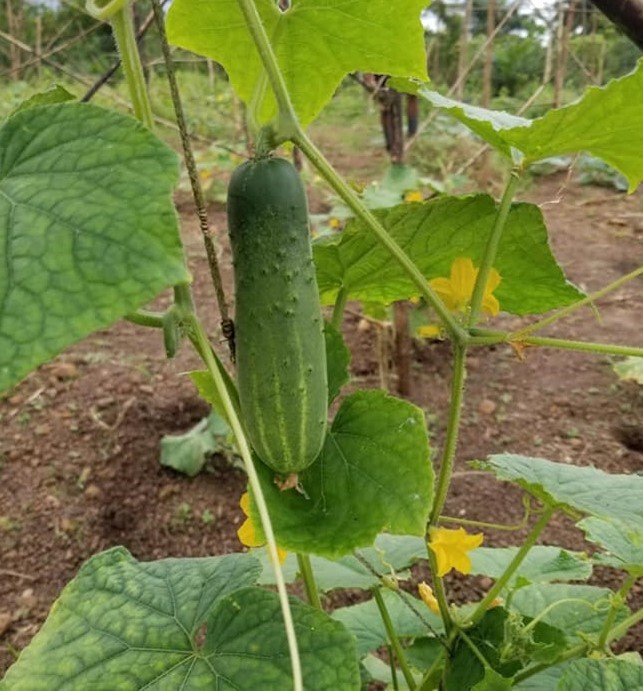The proposed project will focus on agroecology. The main idea is to harness the abundant waste in Liberia, particularly in rural communities to produce organic fertilizers for farmers. The potential lies in addressing the impact of climate change, building farmers livelihood resilient, production of safe, nutritious and organic food, and promoting economic development through sustainable livelihood alternative and agriculture value chain.
Production of organic fertilizers

The project seeks to promote agroecology through the production of organic fertilizers. The overall problem this organization will address is the high increase of pesticide imports in Liberia which is linked to a wide range of food insecurity and human health hazards, ranging from short-term impacts such as headaches and nausea to chronic impacts like cancer, reproductive abnormalities, and endocrine disruption. Imports In 2021, Liberia imported $4.9M in Pesticides, becoming the 155th largest importer of Pesticides in the world. At the same year, Pesticides was the 88th most imported product in Liberiai.
Food security, nutritional boost and sustainable livelihood alternative.
Small holder farmer, especially women from local communities are leading the practices, with training and capacity building from LSCE. The target markets are cash crops farmers, vegetables farmers, Farmers Union Network members and cooperatives. Farmers in Peri Urban communities are empowered and places in a group to produce and sell organic fertilizers. Young farmers in rural communities are trained to produce, use and sell the fertilizers. Competition includes producers, importers and distributers and sellers of chemical fertilizers or pesticides (e.g. MPK 15-MPK 17-17) are competitors. Every 50kg bag is sold around $30 while chemical fertilizers are sold around $75 for a 50kb bag.
The impacts and results have been a high contribution to reduce deforestation, protect the soil from destroying microorganism. It has helped to produced organic food that supports good health and long life spends. This process has benefited 100 young small holder farmers from five peri urban communities in rural Montserrado and Bong counties.
Raw materials for the production of organic fertilizers are available. In Liberia, 4% of waste generated are organic which supports this process. There is access to start up materials (e.g., wheelbarrows, shovel, etc.). LSCE has key members and leaders who have been trained in the production of organic fertilizers as well as climate justice and has trained stallholders’ farmers who are currently using these practices and are gaining more results as seen in the photos below. The economic viability is that the labor cost is effective. It is cost effective as compel to chemical fertilizers. Currently, this solution does not conflict with legal requirements. It supports the Ministry of Agriculture Pest Management Plan, ECOWAS Fertilizers Regulatory Framework and Liberia Fertilizers Regulatory Division Act, and supports the Environmental Protection Agency Law by helping to safeguard the environment.
The success has been the identification of this innovative solution that contributes toward environmental safeguarding. Being able to impact about 100 young smallholder farmers through training in the production of organic fertilizers.
The potential for scaling is scaling deep and scaling up. The viability is huge which means there is a need for more comprehensive training and mentorship in order to support growth of the communities of practice. Ther is also the need for more advocacy for the full implementation of agriculture and environmental law, policies or frameworks. Based on the regulatory law, the scaling to commercialize this process will have a huge customer base. Also, there is a need to ensure these laws and policies have comprehensive frameworks, especially with the high increase of pesticides or chemical fertilizers imported in Liberia in recent years.
Liberian Youth and Civil Society Environmental Secretariat seek support and financing for initiating and expanding the project to more rural counties, replicating their model, and advocating for supportive policies.

